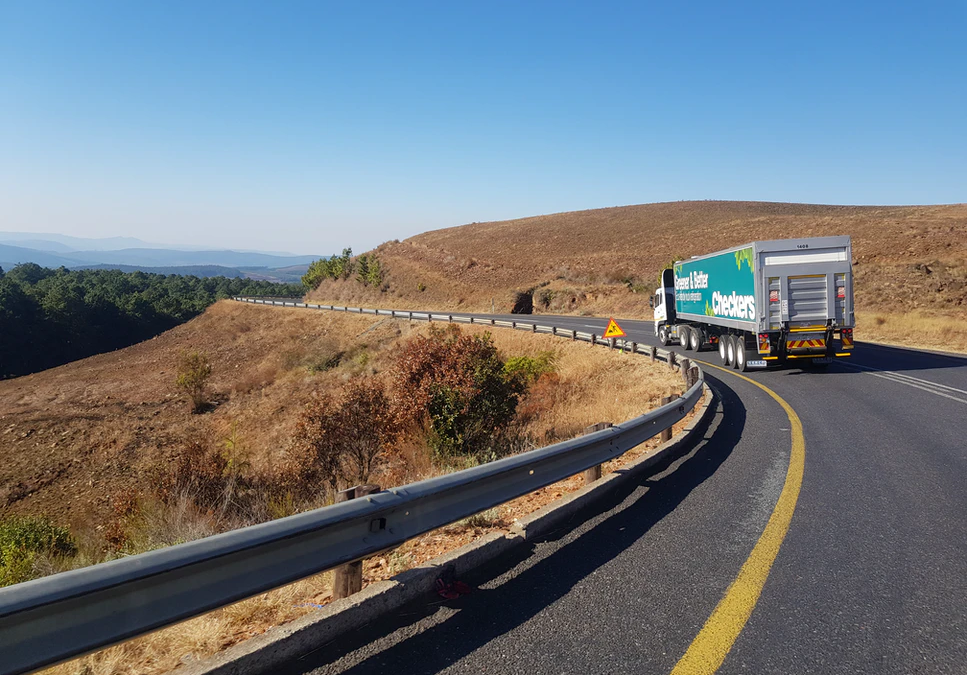The production of an innovative and efficient experimental LGN dispenser to be used in an initiative to use LGN as a fuel source for haulage vehicles.
The Challenge
Orbital Fabrications Ltd was approached by a customer to assist in the development and production of the necessary pipework for an experimental LNG dispenser. This was a beta prototype model and was part of the customer’s ongoing investigation into the viability of using LNG as a fuel source for lorries. The intent for the beta prototype was to undergo extended field trials with a well-known courier company using converted vehicles to run on LNG. The customer also required the pipework circuitry to be fully welded and to a high degree of accuracy. To minimise the risk of low-speed collision of the test vehicles, the customer needed the pipework to be robust which meant heavy walled. Heavy wall schedule pipe and components do not tend to be manufactured to high tolerances and can vary greatly. The overall assembly needed to meet tight dimensional tolerances because it would need to fit into a restrictive footprint and integrate with other components.ck
Scientific and technological advance
Orbital Fabrications Ltd sought to extend the overall knowledge and capability in the field of manufacturing as applied to the development and realisation of the pipework required for experimental LNG dispensers through the adaptation of existing technology into a new application where this adaptation was not readily deductible (BIS guidelines paragraphs 6).
They specifically sought to gain the requisite knowledge and technological capability required to develop and build the pipework system for a more robust and fully welded LNG dispenser beta prototype unit to a high heavy wall pipe manufacturing tolerances (+/- 0.5mm) degree of accuracy for use in extended field trials. Previous attempts by the customer using mechanical joints have resulted in premature failure. They specifically sought to gain the requisite:
- deliver the required flow and pressure requirements of the system. Since this was the first time that such a system existed, it was unknown to Orbital Fabrications Ltd whether the components and pipework design were capable of meeting the functional and performance targets. Some of the components were pumps, flow valves and restrictors and this would have been the first time that they had to operate as part of an overarching system. The alpha prototype used mechanical joints and failed prematurely so any previous knowledge gained was not suitable to be transferred. Not only was the solution to this problem neither readily available nor deducible to the company’s competent professionals, but the work also involved “system uncertainty” (BIS guidelines paragraph 13 and 29).
- develop and realise a viable fabrication that was easy to assemble and fast to integrate with the other systems onboard the trial vehicle. Since Orbital Fabrications Ltd was only responsible for the internal parts and a third party designed the supporting framework, there was uncertainty whether the internal systems could be integrated with the framework. This work involved inherent ‘system uncertainty’ (BIS guidelines paragraph 29).
- to develop and realise a robust pipework assembly to withstand and survive the rigours of an on-vehicle application during testing. During extended field trials, the unit would be likely to experience shocks, vibrations, cyclic loadings and other stresses due to different road and driving conditions. The solution to these challenges was neither readily available nor deducible to the company’s competent professionals (BIS guidelines paragraph 13)
The Solution
Orbital Fabrications Ltd undertook a development programme to address the technical issues stated above. This began with gaining an understanding of the customer requirements and reviewing the initial design with the engineering team. An initial scoping exercise of the manufacturing requirements needed for the pipework circuitry was undertaken. All component selection was carried out to ensure that they met the overall product specification. The design work was also carried out by engineering teams using 3D CAD tools. The build specification and final bill of materials were agreed with the customer. Technical issues and solutions were offered and recorded by Orbital Fabrications Ltd for use in future designs. Process development was also carried out by OFL to develop additional capability to ensure that the heavy-walled pipes and all of the required components met the high accuracy tolerance targets. It involved a comprehensive dimensional appraisal of all affected components and the formulation of the requisite machining strategy to address any mismatch before they were welded. Part of this exercise included the design and manufacture of bespoke jigs and fixtures to enable the correct orientation and dimensions to be achieved.
